How to choose a laptop for university


© blue67design / Shutterstock


© blue67design / Shutterstock
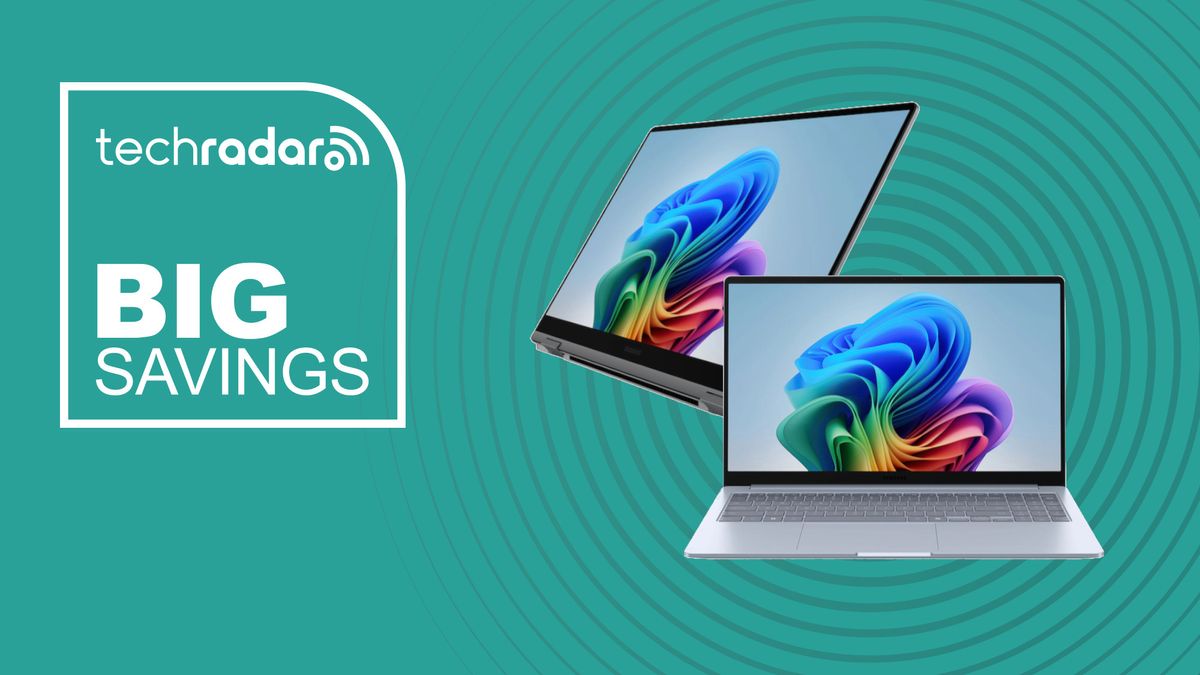
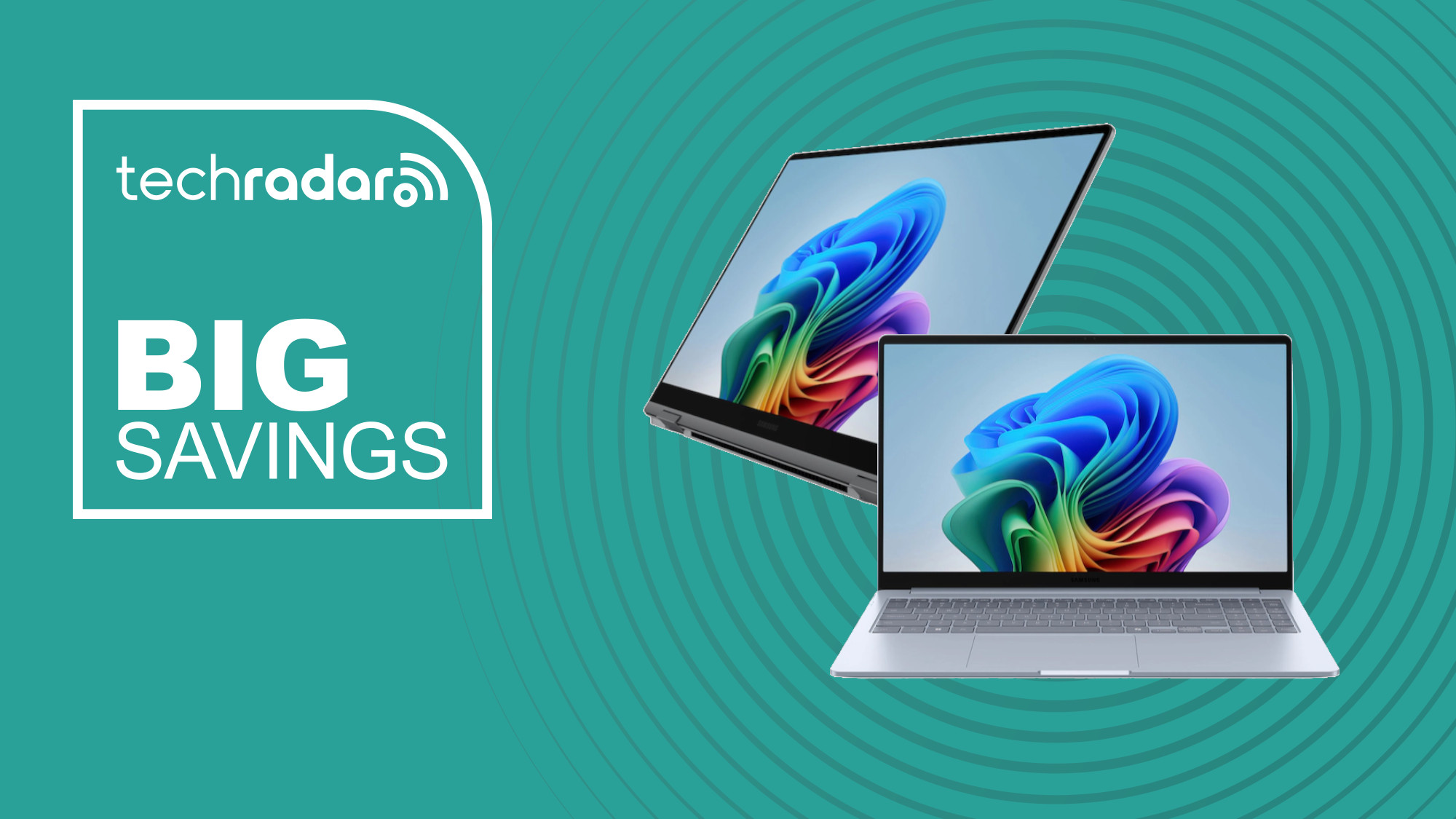
© Future
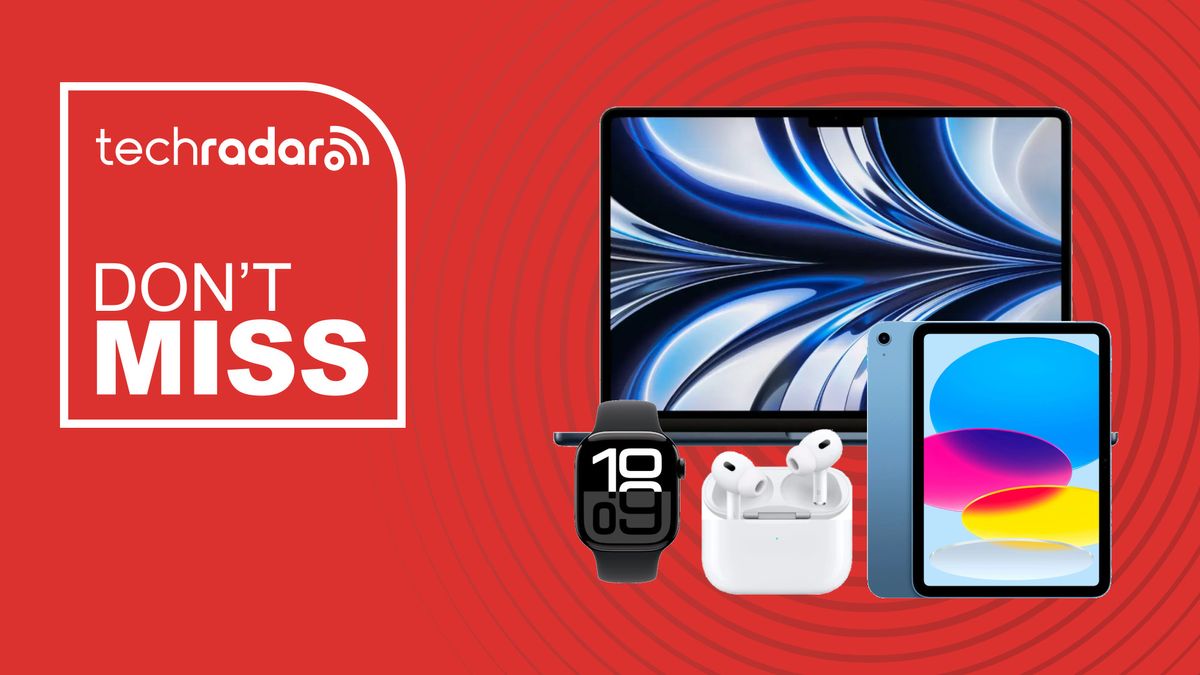
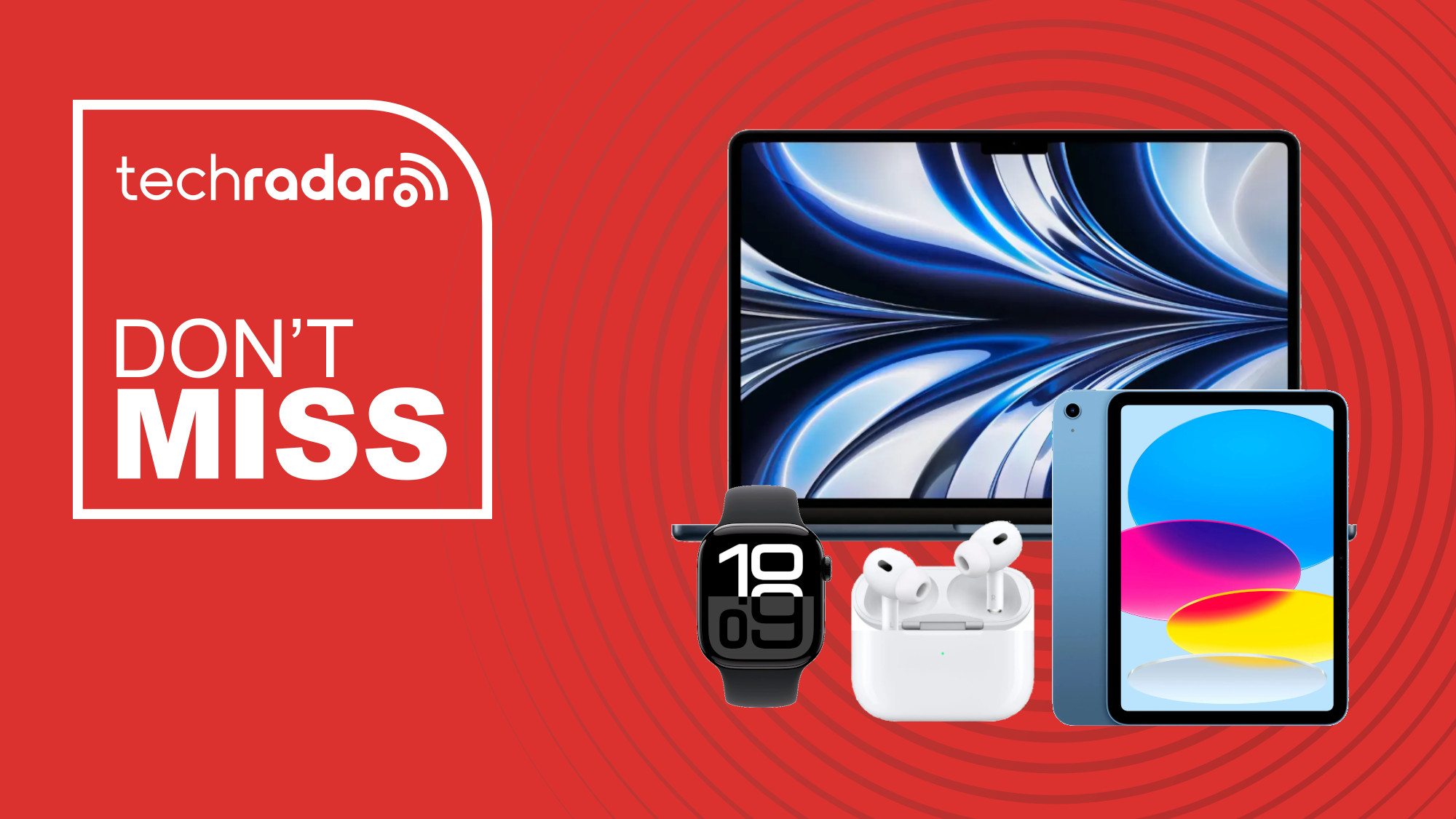
© Future
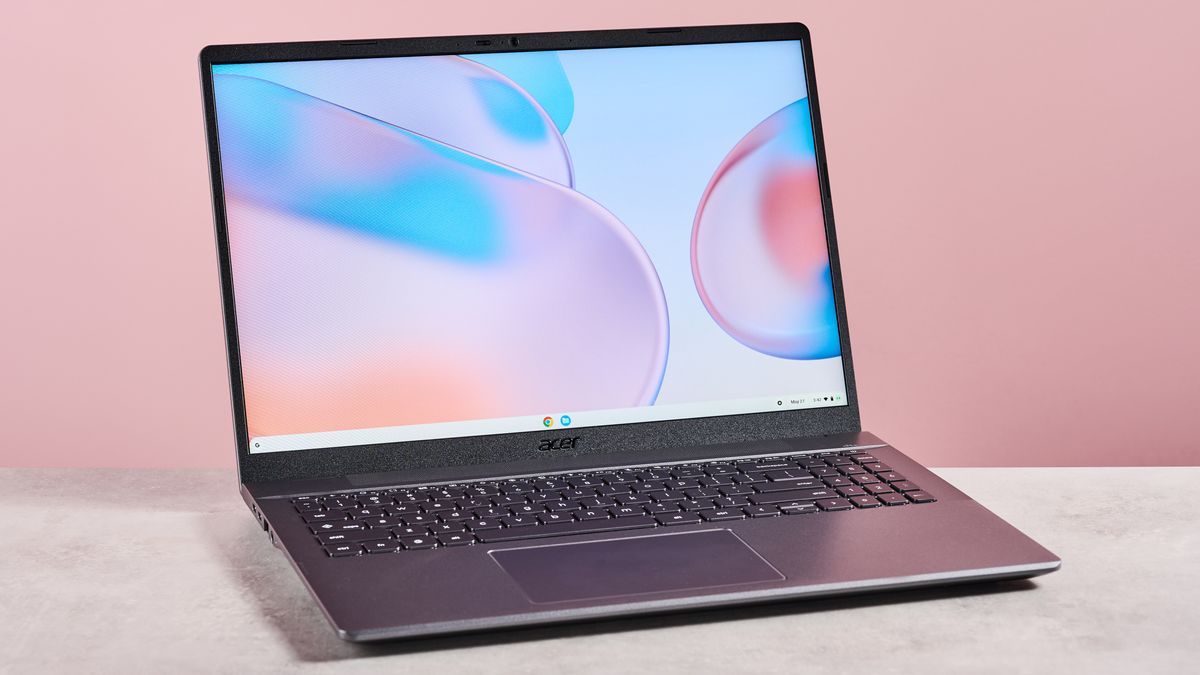
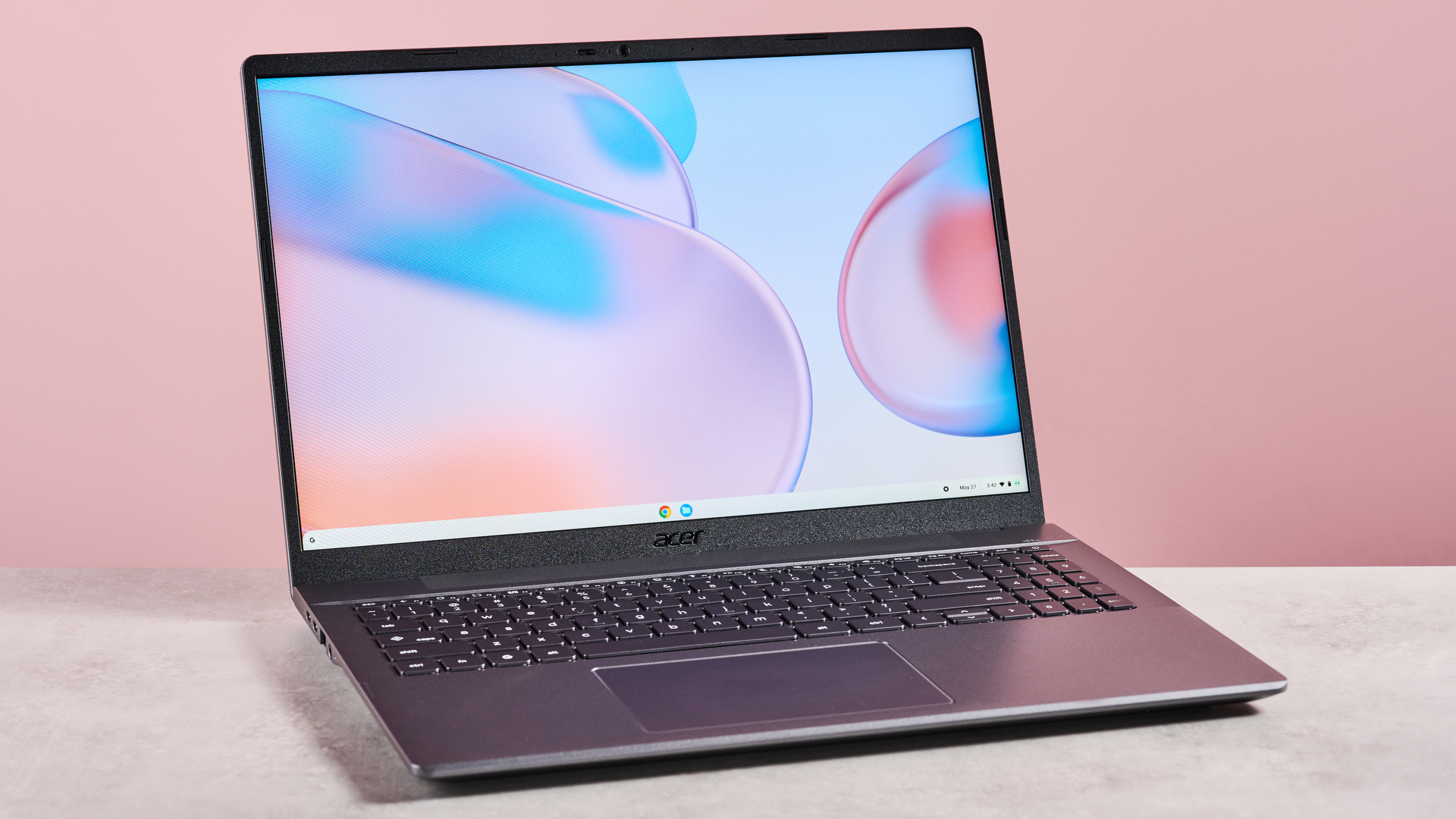
© Future


© Future
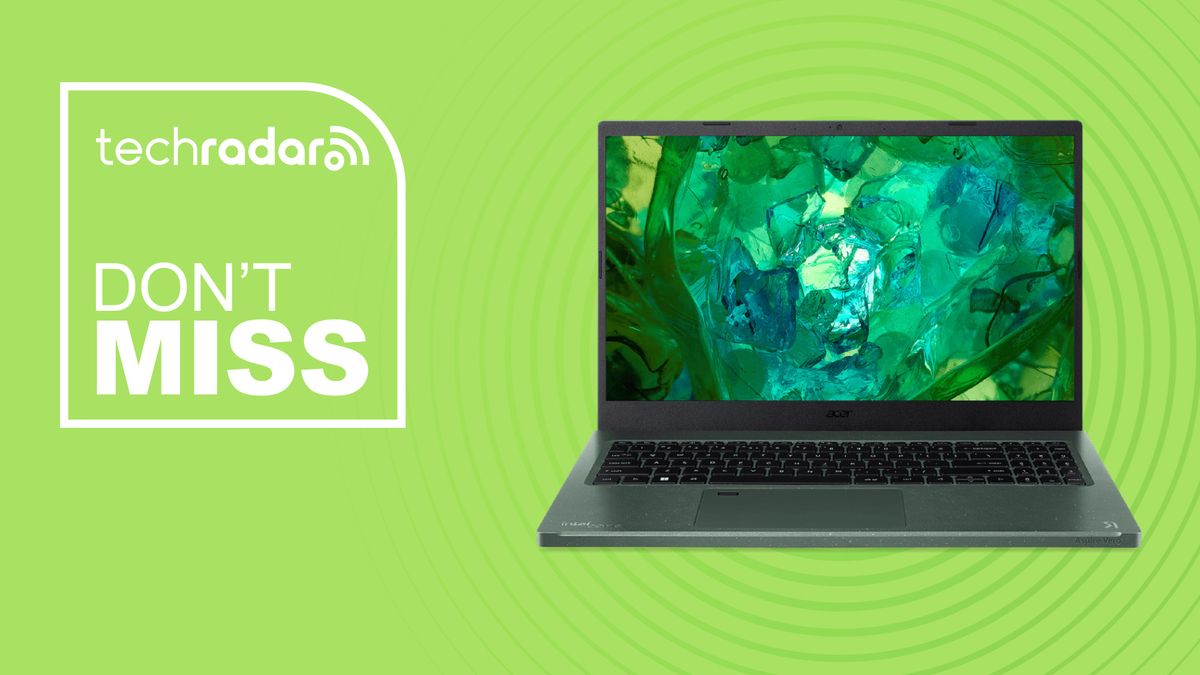
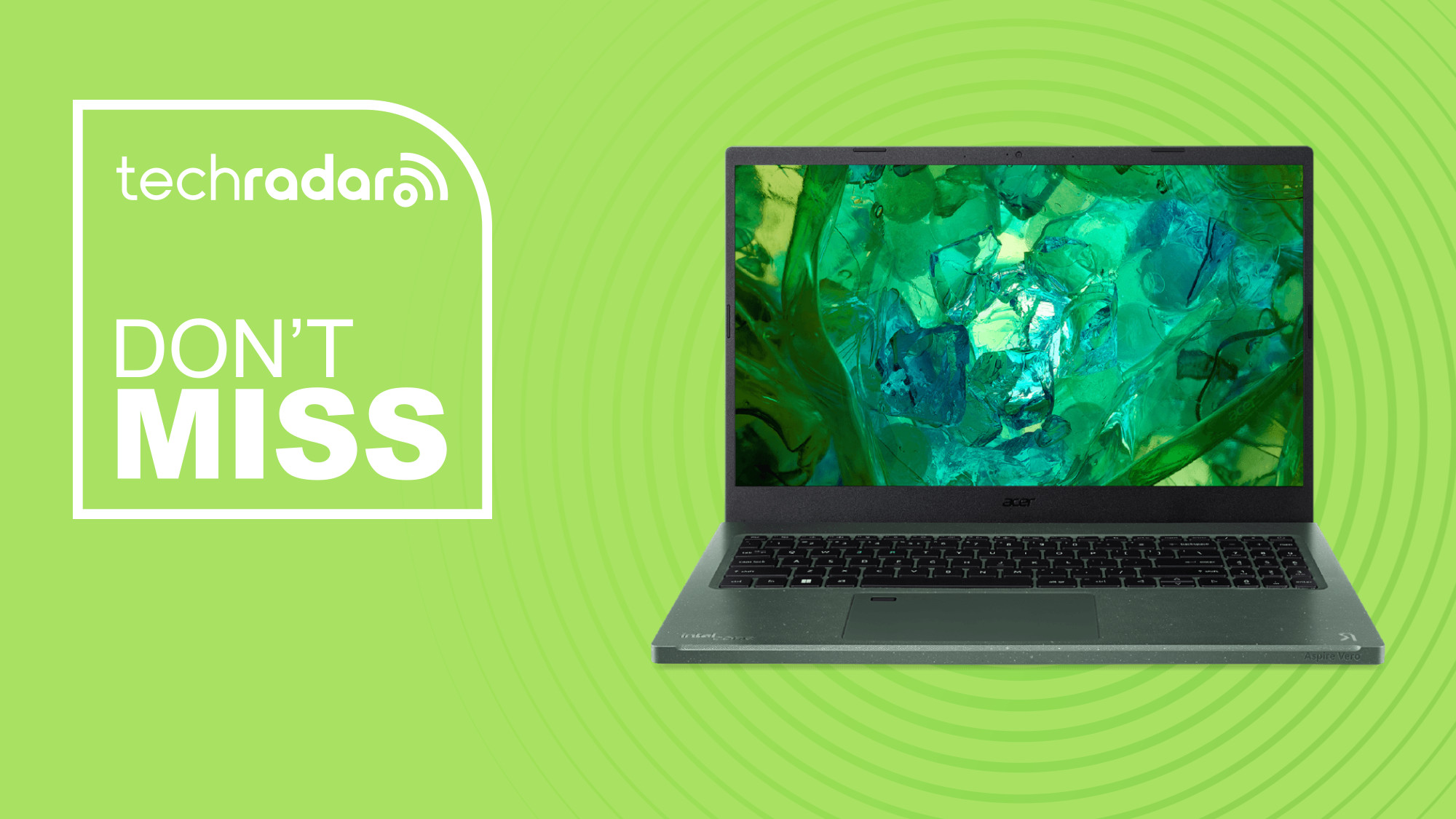
© Future
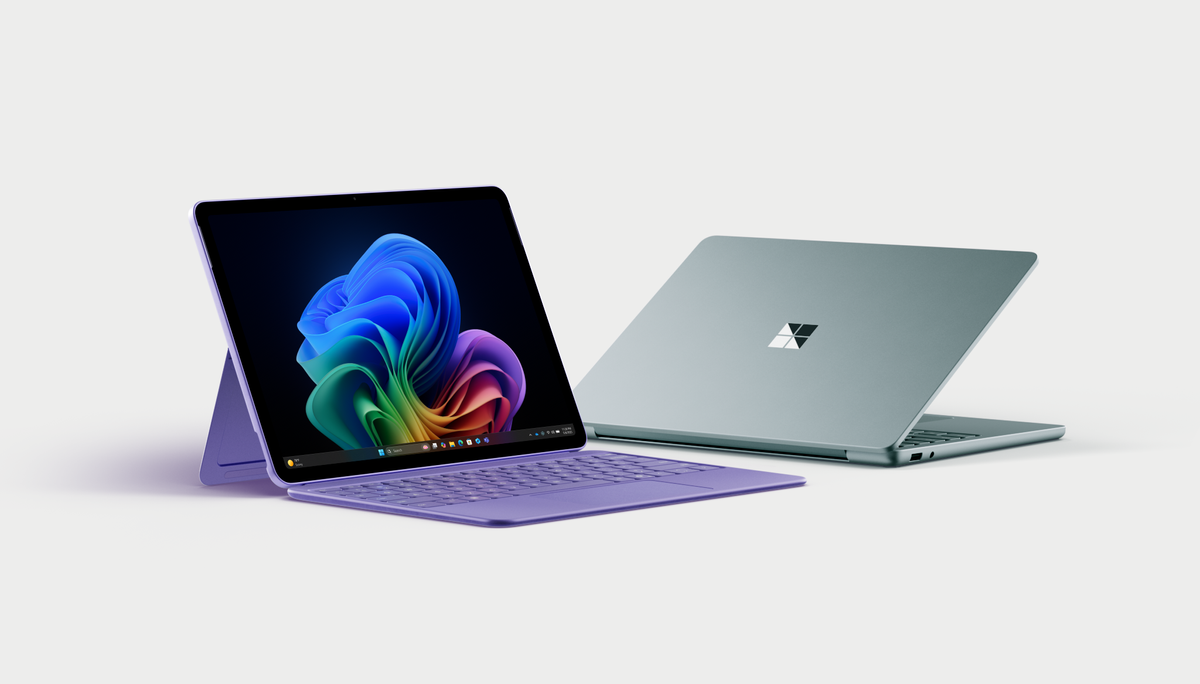
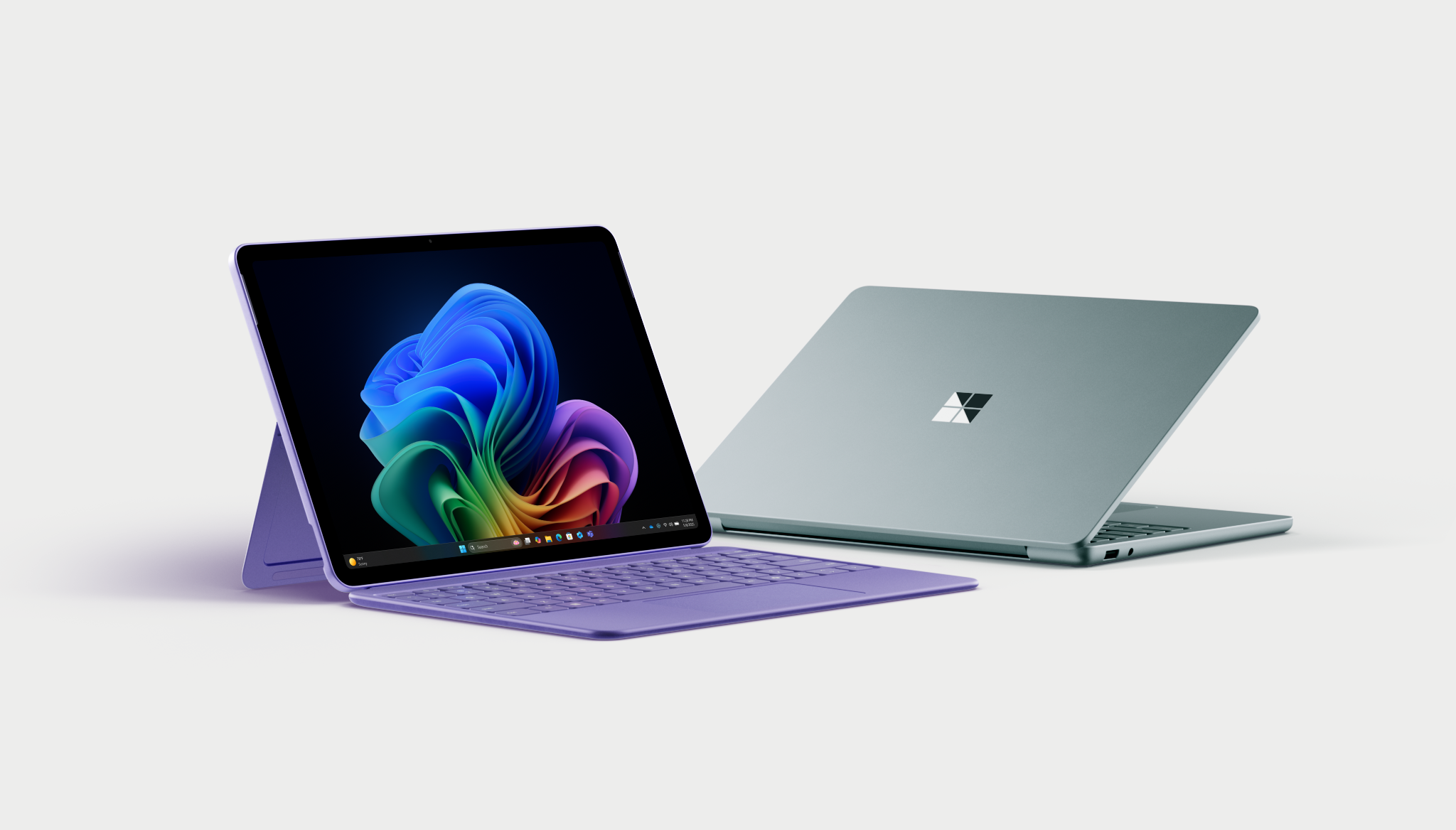
© Microsoft


© Future
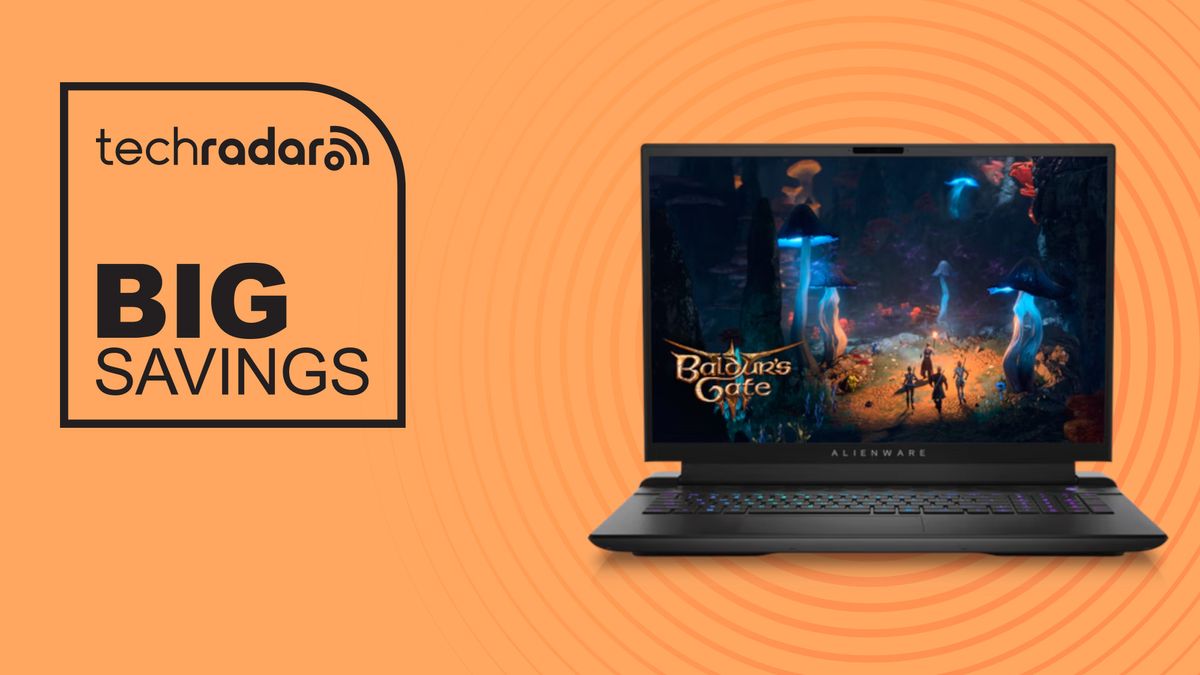
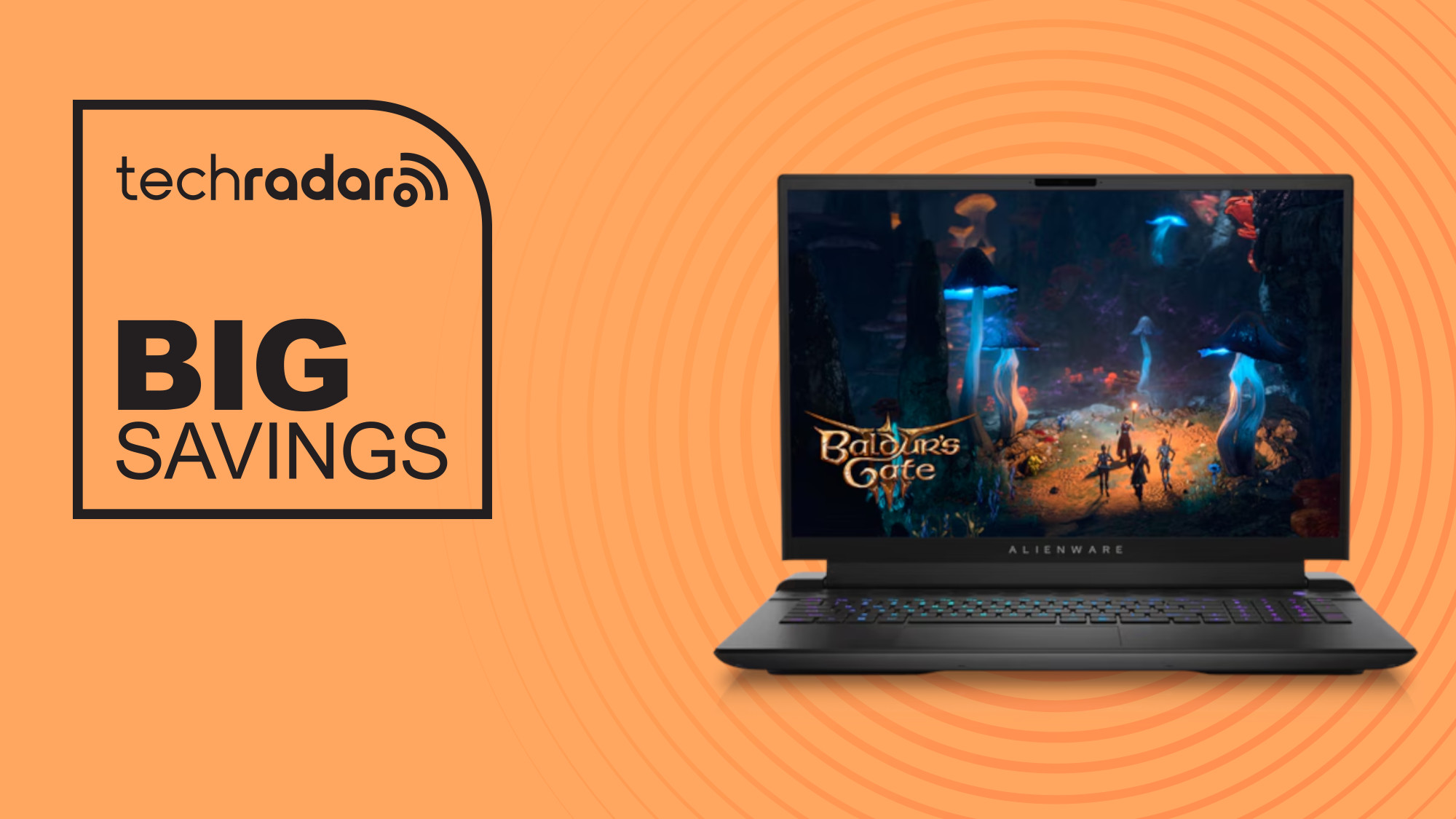
© Future


© MSI
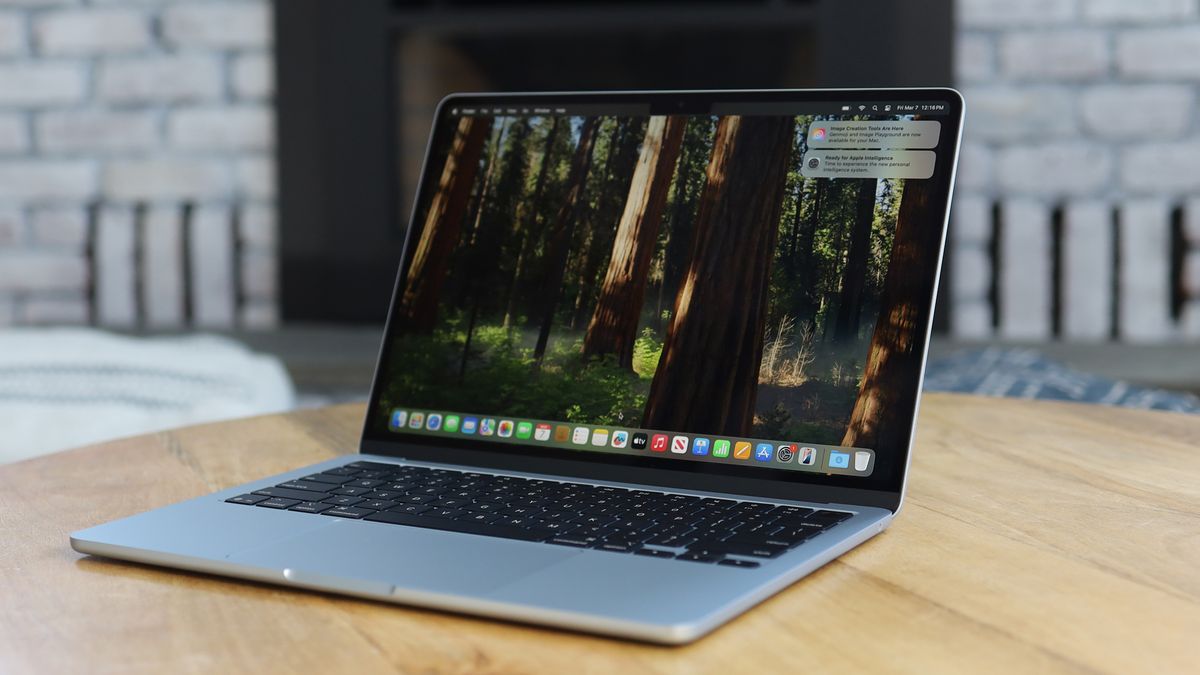
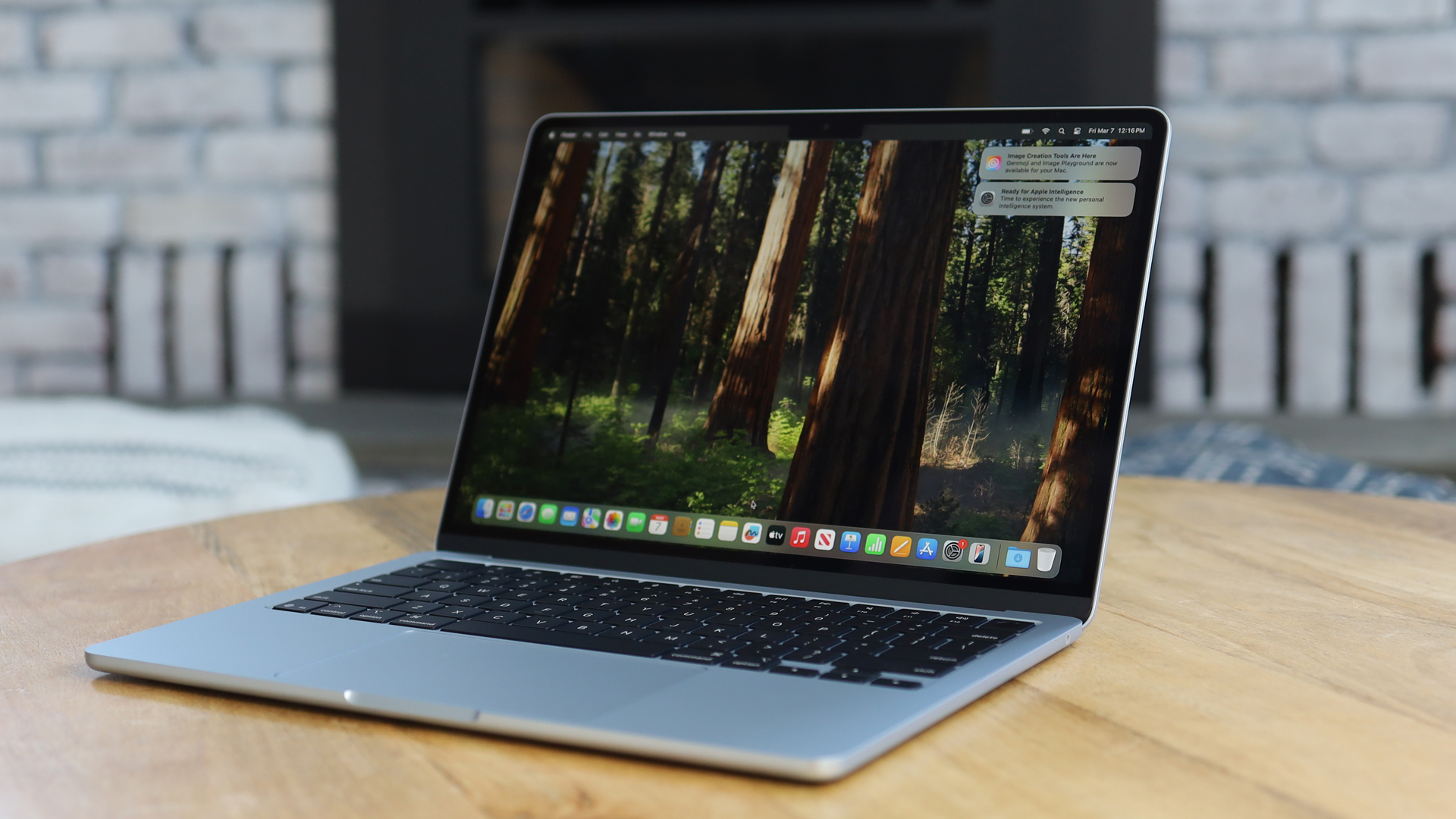
© Future / Lance Ulanoff
If I knew how much I’d end up loving my Logitech mice, I would’ve taken better care of them from the start. The MX Master 3S and Lift are my favorite mice for productivity, but their rubber coating can get grimy quickly. My white MX Master 3S looks especially shameful atop my desk, so I’ve been considering purchasing a replacement for a while.
Overturning my plans, though, Logitech recently raised prices across 51 percent of its portfolio, as detailed by YouTube channel Cameron Doughterty Tech. The firm has raised prices by as much as 25 percent.
The MX Master 3S I just mentioned is now $120, which is $20 more than before. That 20 percent increase makes it even harder to justify a new mouse, which I already considered a luxury purchase.


© Getty




© Future
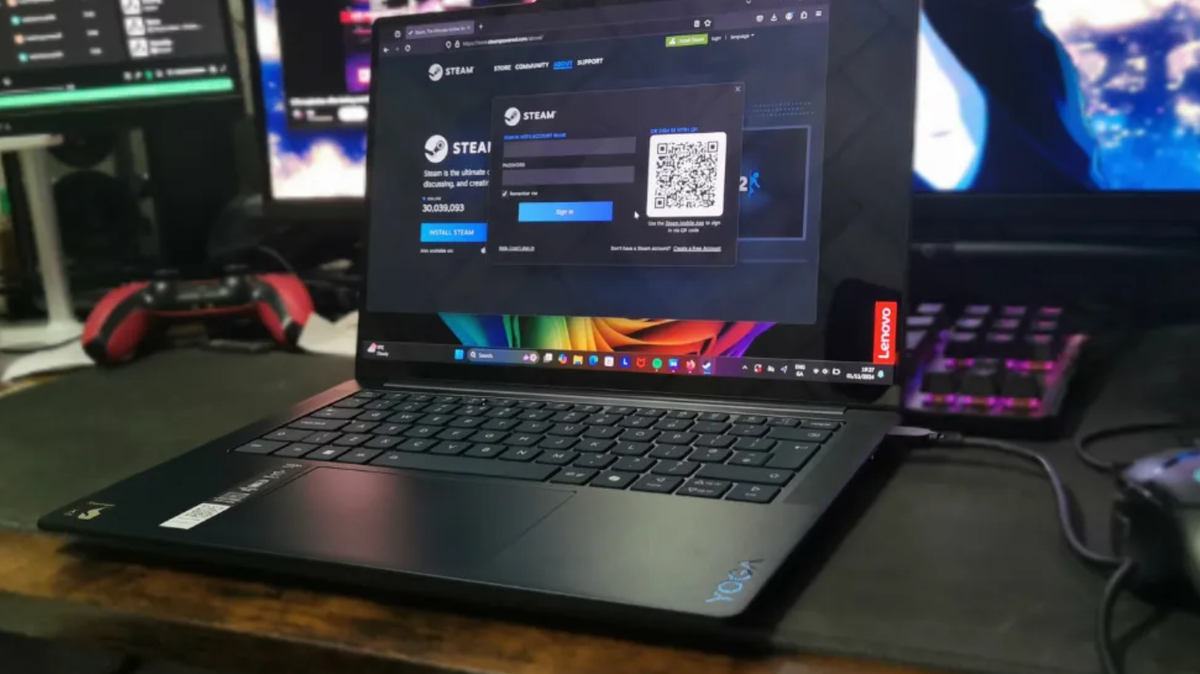
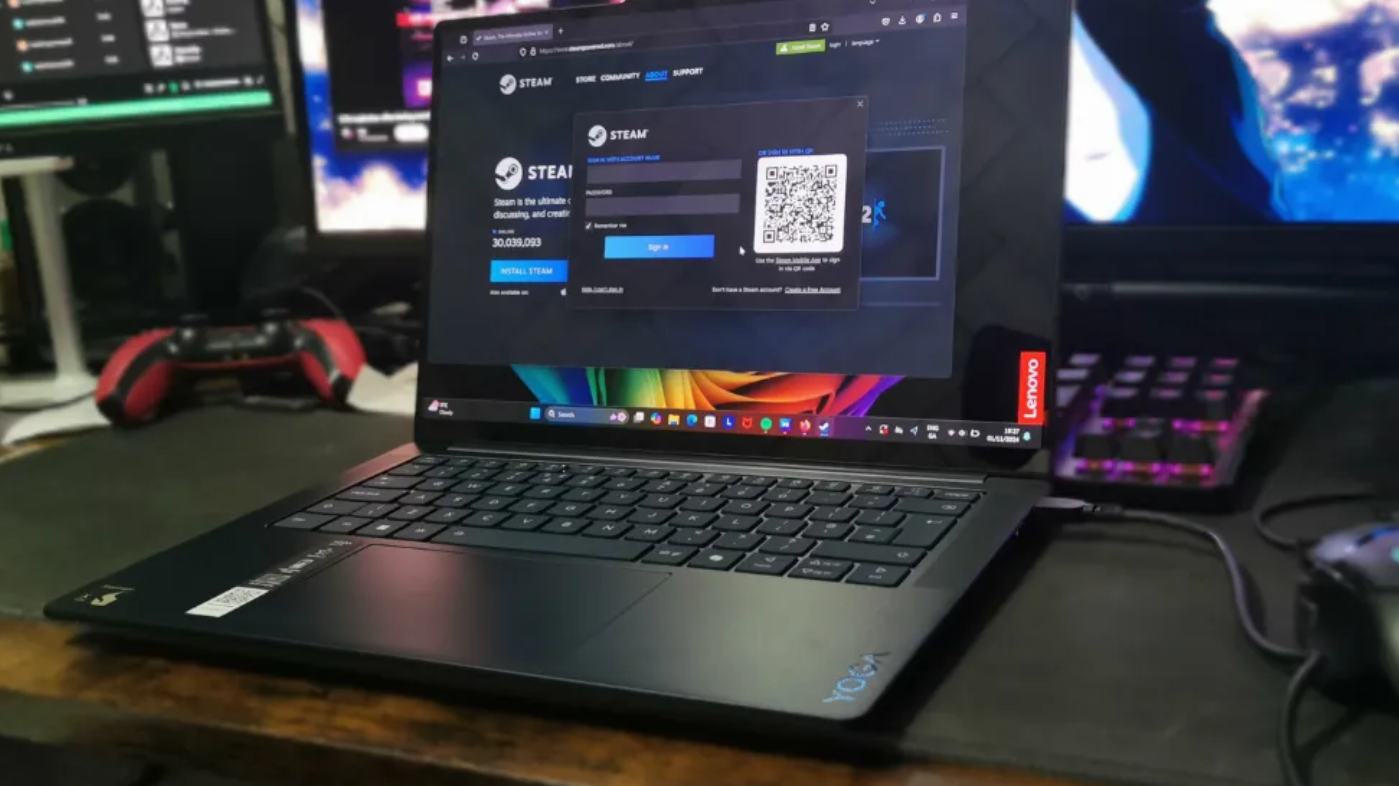
© Future

Earlier this year, modular computer company Framework began a quest to fix “entry-level laptops” with the Framework Laptop 12, its first 12-inch laptop and its first 2-in-1 touchscreen PC. And as you might expect, Trump’s new US tariffs are making entry-level pricing difficult for Framework, which has at least briefly delayed US preorders of the new Laptop 12 and paused sales on its other cheapest machines.
But it appears that, tariffs or no, the new Framework Laptop 12 won’t exactly be cheap.
Framework has just opened Laptop 12 pre-orders in the UK, Europe, and Canada starting at €569/£499/$719 CAD. Hours after we published this story, Framework announced it will open US preorders starting at $549 tomorrow, April 10th.
That’s hundreds less than Framework’s other DIY laptops, but a good bit higher than today’s entry-level Windows laptops and Chromebooks even before you consider that price doesn’t include storage, memory, ports, or an operating system. If you want those preinstalled, the machines start at €849, £749, and $1,079 CAD respectively, which is getting closer to what Framework charges for its Laptop 13.
As usual, you pay more for Framework because you believe in repairability and upgrades, ones that might even save you money down the road. To date, Framework is the only company that’s delivered on the promise of a fully upgradable laptop, to the point you can even take its earliest Intel-based model and put a brand-new AMD motherboard and chip inside. We were also impressed with the Laptop 12’s colorful and friendly design!
But with the Framework Laptop 12, you’re also paying for a 2-in-1 backflipping touchscreen rather than the latest chips. At £499, it starts with a six-core 13th Gen Intel Core i3-1315U from 2023, with a 10-core i5-1334U available for £150 more. The £749 prebuilt model starts with the same i3 chip, 8GB of RAM and 512GB of storage, and you’ll pay £200 more to upgrade to the i5 and 16GB of memory.
While I’m mostly versed in US pricing, my UK colleague Jess Weatherbed assures me that similarly spec’d laptops can be had for anywhere between £400 and £600, and I can see more powerful thin-and-light machines available at the prices that Framework’s asking today. Again, repairability and modularity aren’t free.
(We’ll add US comparisons tomorrow once Framework reveals full US pricing; as of evening April 9th, it’s only revealed the US starting price.)


Framework isn’t yet selling the color-matched stylus with removable battery it showed off as a companion to this Laptop 12; that will go on sale “soon” and you’ll have to buy it separately. But you can also use any USI 2.0 or MPP 2.0-compatible stylus, the company says, with support for both Windows and Linux.
Speaking of colors, it appears that the prebuilt Laptop 12 will only be available in black for now. You’ll have to choose the mostly preassembled “DIY” version to get cute colors like the mint and pink model.
The first batches of DIY and prebuilt models should ship in June and July, respectively.
Update, April 9th: Added that Framework will put the US version on preorder tomorrow starting at $549.

Thanks to Framework, one of the most transparent computer companies out there, we now have a sterling example of just how ridiculous President Donald Trump’s tariffs can make life in the year 2025.
Today, the company made all of its computers more expensive. Then, it almost immediately reversed that to bring its computers back to their original prices, in real time, all because Trump posted to social media that he was instituting a tariff pause less than a day after his new tariffs began. Then, Framework clarified that some price increases will still apply on China-made components.
Here’s the timeline of events:
Live view of the Framework team: pic.twitter.com/AFVqKvhwwA
— Framework (@FrameworkPuter) April 9, 2025
Things are still a bit convoluted, but here’s the general lay of the land: since Trump is still imposing 10 percent tariffs on Taiwan, Framework will continue a pause on selling some of its cheapest laptop configurations “where we’re unable to absorb the remaining 10% tariff.” Additionally, some of Framework’s made-in-China modules now cost more, like $15 for a USB-C port rather than $9, or $49 for an Ethernet card rather than $39 — and Framework says systems that ship with those modules will see those same price increases.
A 10 percent price hike wasn’t the only change Framework made in response to Trump’s tariffs. This very morning, Framework delayed opening preorders for its new entry-level Framework Laptop 12 in the United States even as it put it on sale in other territories. (Here’s my new story about that machine.)
You can read more about Framework’s thought process on the tariffs in its likely-soon-to-be-revised blog post published earlier today, where it initially promised to absorb part of the increased cost. While it builds systems in Taiwan, Framework says that many of its modular components are still manufactured in China where Trump’s tariffs are strongest, and it’s possible that prices for those will continue to go up.
Here is that whole original blog post for posterity, as written by Framework CEO Nirav Patel:
As a result of the new tariffs that were announced last week, we have a series of unfortunate price and availability adjustments we need to make for US customers. We manufacture most of our products in Taiwan, for which we now face a new 32% import tariff into the US. We’re absorbing part of this cost temporarily, and we are increasing prices on in-stock laptops and new system pre-orders by approximately 10% for US customers. For our lowest-priced configurations, where we can’t afford to absorb the tariffs, we’re currently pausing sales to the US. We’re also delaying the pre-order launch of Framework Laptop 12 in the US. We’re continuing to monitor changes to tariffs, and we will make additional adjustments if needed. For non-US customers, there is currently no tariff impact, and we’re keeping the same pricing and availability of our products.
First, I want to acknowledge that this sucks, for you, for us, and for our mission to remake Consumer Electronics. We will get through it. This isn’t the first challenge we’ve faced, and it won’t be the last one. We’ll navigate through and keep focused on delivering great products and fulfilling this mission. We’re going to remain open and transparent throughout and try to bring clarity to a messy situation wherever we can.
Next, let’s go into more detail on the specific changes we’re making. Our Framework Laptops, Mainboards, Framework Desktop, and a subset of our modules are made in Taiwan, which means they are now impacted by a 32% import tariff to the US. Those are the products we’re increasing pricing on by 10% in the US, and we may need to increase this further if tariffs persist. Many of our modules are currently manufactured in China, where we face between 104% and 129% (!!!) tariffs. On those modules, we’re also absorbing part of the tariff and increasing pricing, depending on the category. Our Western Digital storage is manufactured in Malaysia, which now faces a 24% tariff. We’ve also increased storage pricing by up to 10%, but recommend that you purchase it elsewhere for your DIY Edition if possible, like directly from the Western Digital website.
These changes are going into effect now in the US for both in-stock orders and for new pre-orders. We’re enacting tariff absorption along with price increases as a temporary measure while we track the evolving situation around tariffs. In the event tariffs are removed, we’ll reset pre-orders that haven’t yet been fulfilled back to their previous prices. If tariffs persist or increase, we’ll likely need to increase US prices further. For existing US pre-orders of Framework Laptop 13 (AMD Ryzen AI 300 Series) and Framework Desktop, we’re still determining how to handle the tariff impact. In the event we need to adjust pricing, we will ask for your confirmation on the new price before finalizing your pre-order. We’ve also temporarily removed the functionality to edit configurations of existing US pre-orders, but you’ll still be able to edit your order at pre-order finalization. As always, pre-orders remain fully refundable. We’ll keep you updated on US pre-order timing for Framework Laptop 12. We’re reserving some manufacturing capacity for US orders to be able to ship alongside orders from other countries.
For US orders of parts and modules that ship from our New Jersey warehouse, we’ve temporarily paused ordering while we implement changes that let us decouple pricing between laptop configuration items and items in the Framework Marketplace. When we open ordering again, we’ll continue to sell items that are already in inventory in the US at the original price, while updating pricing for each item when we import new inventory. Canadian orders that ship from our US warehouse will also remain at the original CAD price at the moment, but we may need to make future price adjustments on items that are made in China, on which we face some tariff impact.
Now, let’s get into more detail about how the tariffs work. We’re keeping this apolitical and sharing more about how this works operationally. When goods are imported into the US, tariffs are assessed based on the country of origin and the HTS (Harmonized Tariff Schedule) code that the goods are classified as. We ship all of our products DDP (Delivered Duty Paid), meaning we pay tariffs as goods clear customs and include the cost inside of our product pricing. The tariff is calculated against the value of the product at import, meaning our cost as the importer, rather than the final price we charge for the product. The country of origin is defined as the last location in which “substantial transformation” occurs. For computers, US Customs has specifically defined substantial transformation as the location at which the main circuit board is assembled.
When starting Framework five years ago, we anticipated increased trade challenges between the US and China, and we chose to build most of our manufacturing and logistics footprint in Taiwan. At the time, imports from China to the US were subject to 7.5-25% Section 301 tariffs, with exceptions that included laptops, but not laptop parts. Because we’ve assembled our Mainboards in Taiwan since 2022 (we also do final system assembly and make magnesium parts and some aluminum parts there), the country of origin for our laptops is Taiwan. While this has largely shielded us from earlier rounds of tariffs on imports from China, all countries with a meaningful electronics manufacturing infrastructure are impacted by the current round. We are actively investigating paths to perform Mainboard assembly in the US, but our current manufacturing partners do not have necessary infrastructure in place. We were also already in the process of moving some module production from China to lower-tariff regions like Thailand and Indonesia. Migrating manufacturing partners or setting up new manufacturing infrastructure is a theoretical long term solution, but is not something we can execute ahead of tariffs coming into place this week.
This brings us back to the price and availability adjustments. Our products are built around longevity, and our business is too. We’ve built excellent Supply Chain and Logistics teams to be ready for this kind of disruption, and they are exploring every possible option to get back to normal US fulfillment. We’ll share changes and solutions as we come up with them, and we’ll remain transparent throughout. Thanks for continuing to follow along the journey.
We’ll let you know if Framework changes its plans further.
Update, 4:31PM ET: Added that Framework will continue to charge more for made-in-China modules, though it will no longer do a global 10 percent price hike on all US systems.

Framework has confirmed it will no longer be opening US preorders for the new Laptop 12 today, or announcing a price, as it evaluates the impact of Trump’s tariffs. The modular, convertible laptop will still be available later today for buyers elsewhere, including Canada and Europe.
The Laptop 12 is Framework’s smallest laptop yet, and its first convertible touchscreen model. It comes with a 13th Gen Intel Core i3 or i5 chip, a 1920×1200 touchscreen with stylus support, and up to 48GB of RAM and 2TB of storage. Like other Framework hardware, it’s modular and repairable. It also ships in a pastel pink and mint finish that we’re pretty fond of.
Although the company hasn’t announced pricing, it pitched the 12-inch laptop as an “entry-level” model at a “lower cost” than the Laptop 13. That model now starts at $899 for a DIY version, or $1,099 for a prebuilt one, after the company “paused” sales on some of the cheaper Laptop 13 models in the US to avoid selling them at a loss after factoring in the new tariffs.
Framework manufactures its products in Taiwan, which is subject to a 32 percent tariff as of today. The company explained on Bluesky that it’s beginning its tariff response with the “most reversible” changes, delisting and delaying products, and that it will avoid raising prices “until we have final confirmation that there is no alternative.”
We’re delaying opening pre-orders for Framework Laptop 12 in the US. We’re still opening orders for the other countries we ship to tomorrow (April 9th), now at 10am PT. (cont)
— Framework (@frame.work) 2025-04-08T19:05:50.494Z
Laptop 12 preorders open for buyers in Canada, Europe, Australia, and Taiwan today at 1pm ET, and pricing will be announced at the same time.